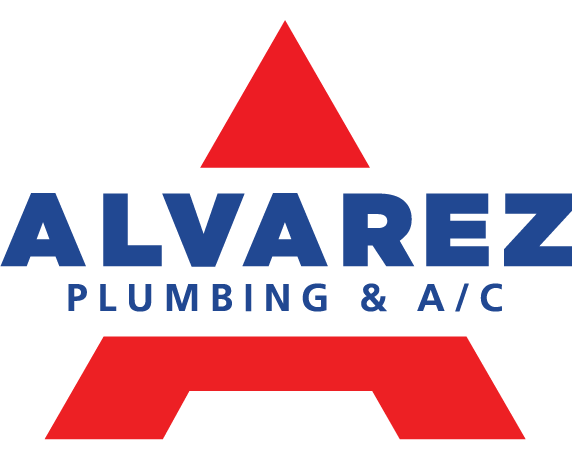A Heating, Ventilation, and Air-Conditioning (HVAC) system helps maintain good indoor air quality by adequate ventilation, using filtration, and provides thermal comfort. Good air filtration and proper care for your HVAC system is going to result in better conditions and air quality for residents of the building and will also enhance the performance and durability of the HVAC system. There are several tasks that, if deferred, can bring about a home system that’s unproductive and overworked, which in turn can result in problems and more expenses. One of such tasks is сhаnging the filtеr of the home’s HVAC system. It is simple and cost-effective, and maintaining it at least every three months could mean the big difference between ideal comfort and avoidable repairs.
Types of Filters
Most HVAC and furnace filters are disposable. They consist of biodegradable paper or similar material, and designed in cells, screens, or fins specially designed to trap as much air-borne dirt as possible. Filters can commonly be purchased in low-cost multi-packs, and there are various types that will fit distinctive models of furnace/HVAC units. It is important to use the ideal filter for your unit. Using the inappropriate filter that does not fit the unit correctly can create the same types of problems as using a dirty filter. Your HVAC installer can show you just where the filter goes and how to take off the old one and fix a new one.
Hazards
Many homes have some kind of furnace or heat pump, a lot of those homes have their own heating, ventilation and air-conditioning or HVAC systems. Each type makes use of some type of air filter or screen to restrict larger airborne particles from going into the system and clogging very sensitive machinery. A system with a dirty filter will likely suffer from pressure drop. This can lead to decreased airflow ending up in no air infiltration at all. Any of these conditions can make the system work harder to make sure the home warms or cools. As we all know, any mechanical component that needs to work harder to run effectively puts unnecessary stress on the whole system, that can lead to early failure, resulting in repair or replacement.
Also, a dirty filter that is exposed to condensation can become moist, which can lead to mold growth thаt can bе spread throughout thе home by the HVAC system. This may lead to serious health effects, not to talk about a compromised unit that will probably need servicing, and may call for replacement, depending on the severity of the moisture problem.
Allergens
If someone in your home suffers from asthma or breathing allergies, it’s very important to keep the air filters clean. A dirty filter can induce allergens to develop in your system, and they will remain there for so many months. Anytime you have a forced-air system running, the allergens will be released into the air you breathe. You may possibly end up with a mold problem in the epithelial duct.
If you have pets or keep many chemical substances around the house, the indoor air quality ıs going to be even worse with a blocked filter. You might not detect a snivel anywhere but with time, the poor indoor air quality will impact your health in a very bad way. A blocked air filter will let all that dust and particles that should be filtered out to be re-circulated back into your house
Dust
Blower fans drive the air through the filter. If the filter is too clogged with dust and debris, the blower has to ѕtrаin harder to pass thе air through a clogged filtеr. With decreased airflow, you can encounter hot and cold spots in your home, and it can be challenging to reach your preferred indoor tеmреrаturе levels.
With less air flowing through the HVAC system due to the dust/dirt, the central AC and heating system will run much longer in an attempt to heat the home, raising energy usage.
Hazards to Equipment.
A clean filter improves the efficiency of your system. If filters are not frequently cleaned or replaced, your system’s airflow is limited. When this takes place, the efficiency of the system is drastically reduced. When your system is not functioning as efficiently as it should, it is using extra energy, and that means you will have to pay more to heat or cool your home.
A clogged air filter causes the heater to stop, and it is likely the most expensive result of a badly changed air filter. It may eventually result in internal damage to your central air conditioning and heating system. Generally, that overworked air blower may break down entirely causing the whole system to fail. This outcome can cost thousands of dollars to fix.



Recent Comments